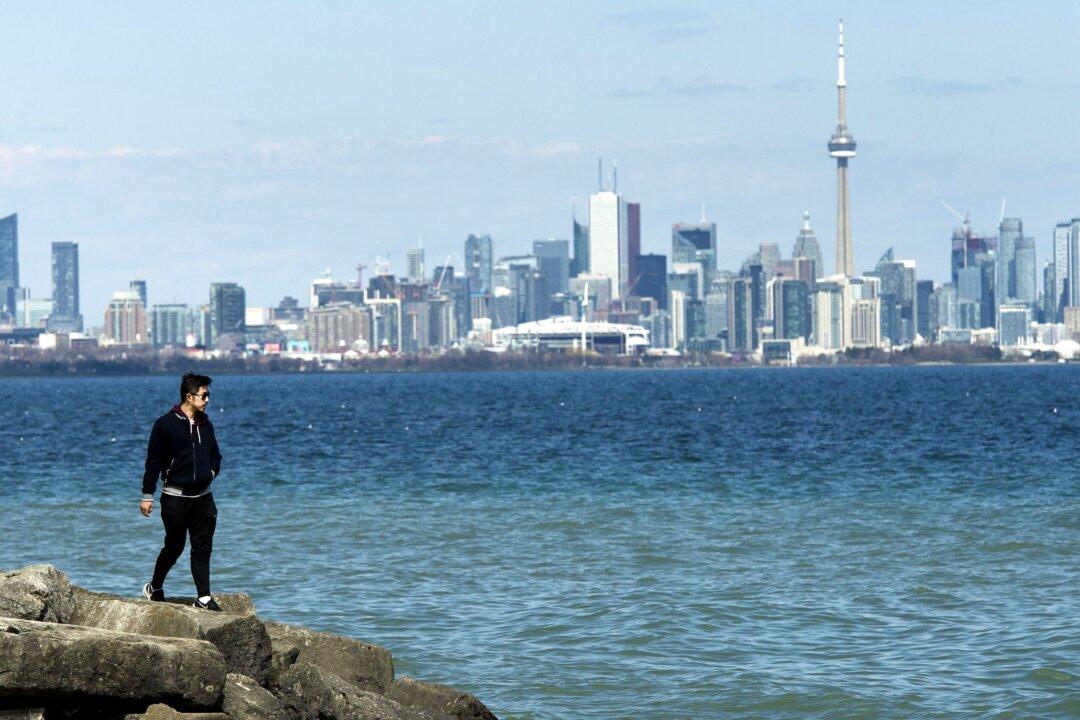While some provinces are preparing to gradually lift restrictions and reopen their economies, they must tread carefully as the virus remains a threat, although infection cases and deaths are continuing to drop in many parts of the country.
The premiers of Saskatchewan, Quebec, Ontario, and Manitoba have announced plans to lift lockdowns in phases while taking precautions to keep local outbreaks at bay.





